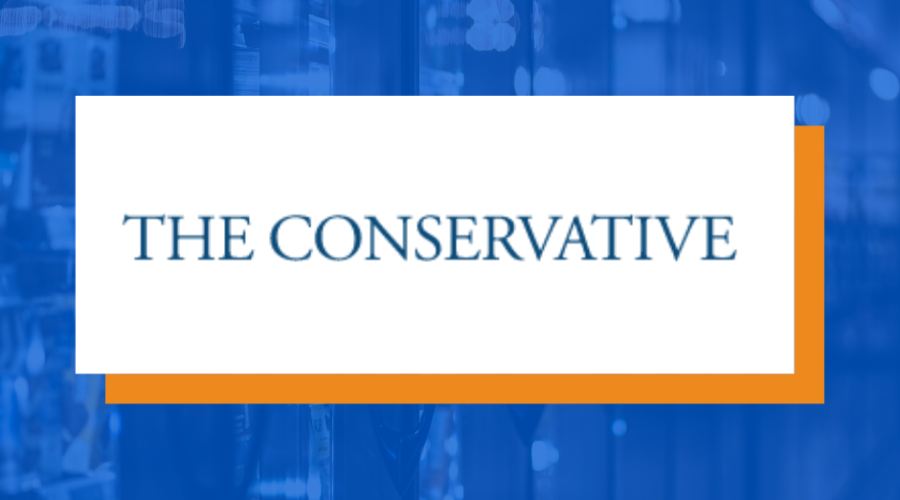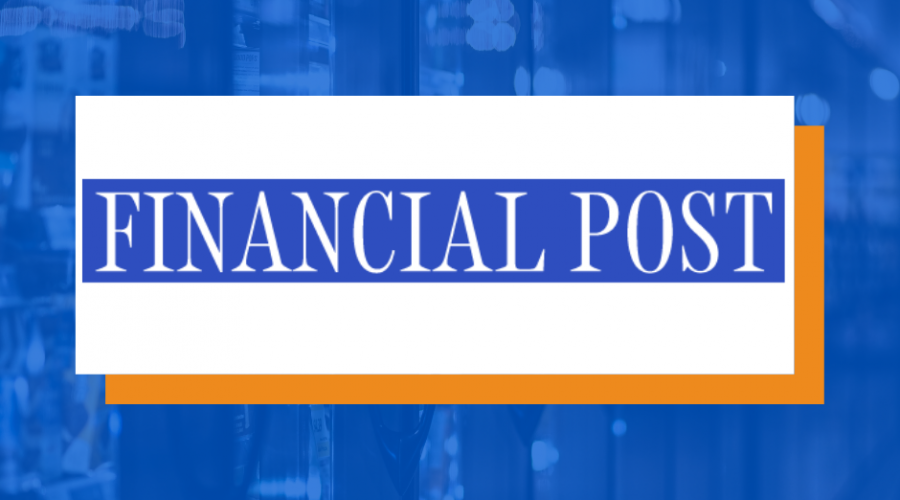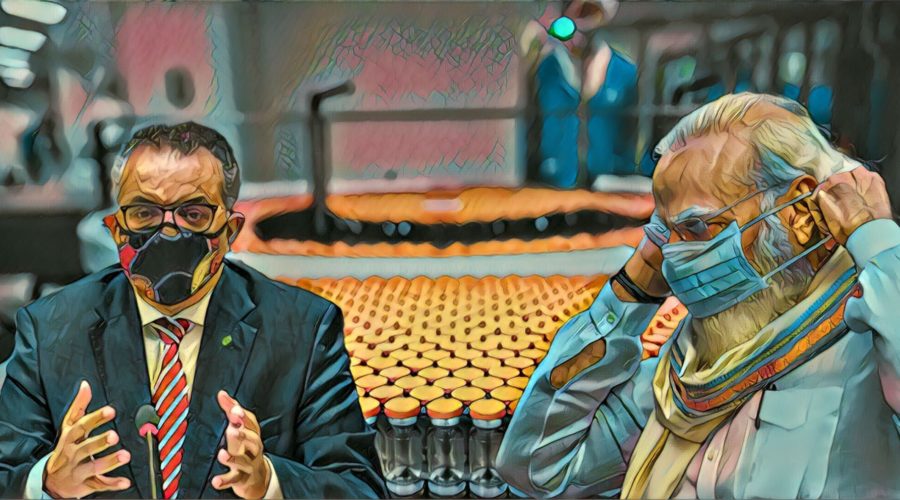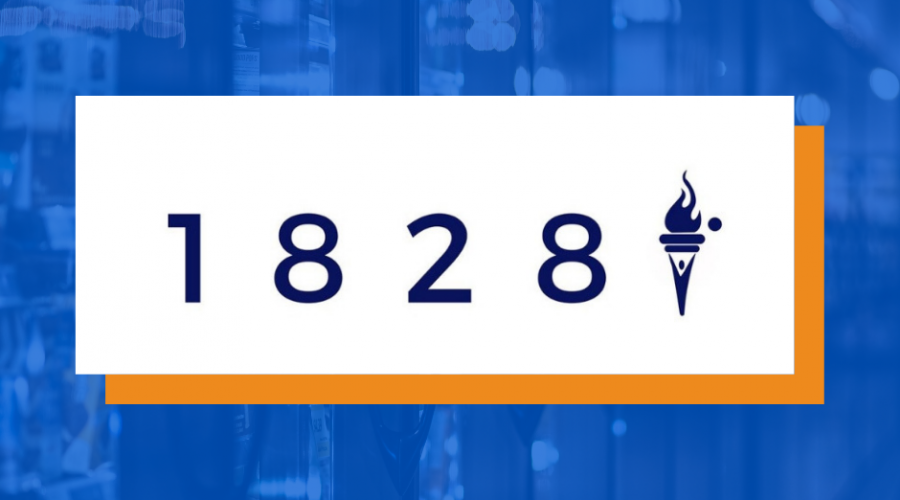Illicit trade is booming: what can be done
The Irish Revenue recently released their annual report for 2020.
According to the findings, there has been a 250% increase in illegal cigarettes seized since 2019. The sharp increase represents an urgent need for the Irish government to reconsider its approach towards fighting illicit trade. Contrary to popular opinion, taxes are not effective in achieving that.
Illicit trade is a consequence of restrictive policies that create valuable incentives for criminals to provide consumers with a cheaper — and less safe — alternative. Irish fiscal policies aimed at cutting down the demand for cigarettes, for example, such as a 50 cent increase of the excise duty on a pack of cigarettes, plays to the benefit of smugglers seeking quick profits.
Smugglers exploit a regulatory disparity within Europe, in particular that concerns countries that are in close territorial proximity to the EU. In Minsk the price of a pack is around 1.40 EUR, 10 times cheaper than in Ireland. In 2020 alone, Latvian authorities confiscated 21 million illegal cigarettes from Belarus through a single border entry. It is important to keep in mind the numbers include only the detected cases, and, in reality, the scope of criminal undertakings is much greater.
The same applies to products across the board, such as drugs. In February, in Cork, the Revenue made one of the largest seizures of cocaine valued at 12.04 million EUR. These are illicit products that can threaten consumer well-being. Some 20 per cent of Irish teenagers have consumed illegal drugs at some point in their lives, and the only way to obtain these is through the black market, where no regulations or age-restrictions apply.
Black markets exist not only because there are groups willing to take the risk of smuggling products across borders, but also because there is a demand for overregulated products. A survey conducted by iReach for the Forest Ireland in October 2020 found that 70% of adults (including 67% of non-smokers) in Ireland agree that it is “understandable” that consumers might choose not to buy cigarettes and tobacco from legitimate retailers in Ireland.
Ireland as a tobacco high-cost country is, therefore, especially vulnerable to criminal activities, and while detection efforts should be extended, decisive steps in the form of tax cuts or commitment to abstain from further tax increases should be taken.
A 2010 study on the impact of cigarette tax reduction on consumption behaviour in Canada published by CIRANO (Centre interuniversitaire de recherche en analyse des organisations) in Montreal found that each additional dollar in final applicable taxes raises the incentive to resort to consuming contraband cigarettes by 5.1 per cent, while each additional dollar in tax cuts decreased it by 5.9%. Therefore, higher taxes increase the attractiveness of the black market, and the deeper the tax cuts, the higher the likelihood of stopping smuggling.
While it is true that the cigarette prevalence in Ireland has been consistently dropping, it doesn’t mean that if the government cut taxes the rates would shoot back up. Canada provides a valuable example. In 1994, the Canadian government slashed taxes on cigarettes to tackle the booming illicit trade. Despite alarmist expectations, the smoking prevalence dropped, and the trend has persisted. Compared to pre-tax cuts times, illicit trade has also significantly decreased.
The Irish Heart Foundation’s recommendation to annually increase the price of cigarettes so that the overall cost of a pack reaches €20 by 2025 doesn’t stand up to scrutiny, and will only lead to further spikes in illegal trade in Ireland.
In order to succeed, the Irish government should escalate detection efforts to target the supply side of the illicit market, and consider significant tax cuts, or, at least, disregard calls for more increases of tobacco excise taxes.
Originally published here.




